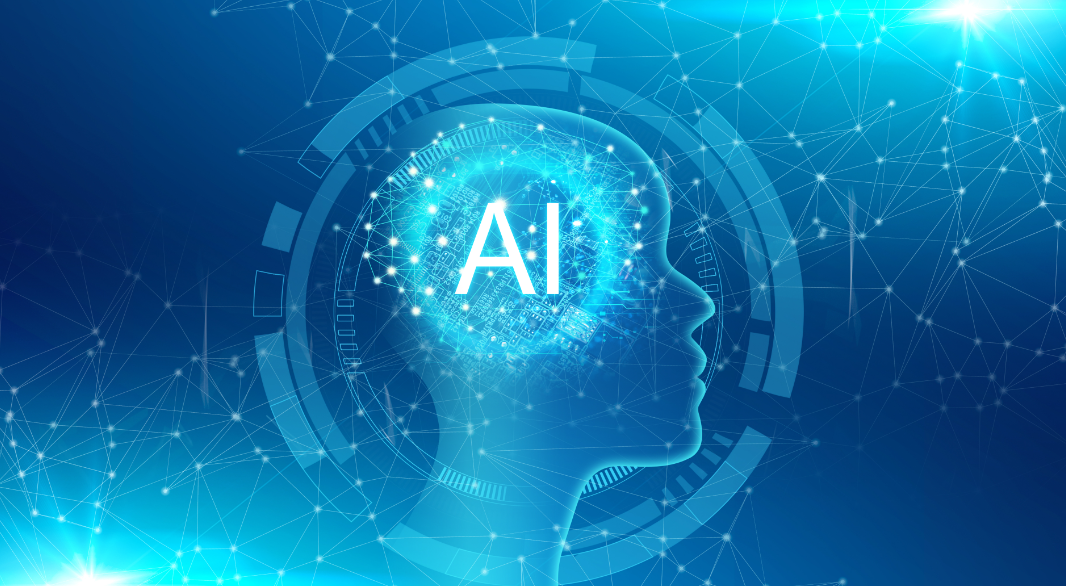

"GenAI is likely to be the most significant change since the agricultural and industrial revolutions."
Well, please be patient. The views of the workforce of 2024 in Accenture’s latest report may be exaggerated, as we’ve been hearing similar rhetoric about work since the information revolution began in the early 1980s. But there is no doubt that AI will dramatically change and assist the way work is performed and delivered, and is the latest stage in the ongoing information revolution.
How will AI change work as we know it, and how will people be affected? First, AI is viewed as a technology that may have an impact on workers, like many other technologies before it.
However, the opposite is true for GenAI, with nearly all employees surveyed by Accenture (95%) seeing value in using the technology.
But employees don’t trust the way their companies are handling AI — for example, 60% of employees worry about technology-related job losses, stress and burnout.
In contrast, less than a third of executives (29%) say their employees are worried about their jobs being displaced. According to a report by Erin Schock and Paul Doherty, this suggests there is some disparity among employees and executives on how companies want to leverage artificial intelligence.
Company executives and employees need to be prepared because AI will bring about a wider range of changes in the near future, and the impact on work is uncertain. The survey found that all business leaders surveyed expect changes to the workforce, with possible increases or decreases in headcount and the possibility of layoffs.
Things are moving fast—perhaps too fast for business leaders. Shook and Doherty noted that Generation AI captured global attention in just a few hours. The rapid adoption of AI not only highlights its ability to reshape work and the workforce, but also prepare people for the coming real-time future.
Shook and Doherty pointed out that the current GenAI has successfully solved some more limited tasks and roles, but future development will focus on redesigning processes within the organization and improving people's experience at work. experience. However, the survey shows that two-thirds of executives admit that they do not yet have the appropriate skills and capabilities to undertake this transformation.
Additionally, executives don’t believe their employees are ready for AI — the survey showed 36% of employees believe employees won’t fully embrace GenAI due to a lack of technical understanding, however, a majority Workers (82%) believe they have mastered the technology, and 94% believe they can develop the required skills.
Additionally, while more than half of employees (53%) are concerned about the quality of GenAI’s output, only 21% of executives say trust output quality is a concern for their employees.
The development of AI needs to be a collaborative, user-guided, and human-guided process. Additionally, these human-centered leaders - powered by AI - can create $10.3 trillion in global economic value.
Accenture’s insights are based on economic modeling of GenAI-related data and surveys of more than 7,000 executives and 5,000 employees of large organizations.
The people-centered approach has not yet permeated every level of the business. While 95% of employees are ready and willing to embrace innovative AI, only 5% of organizations are providing training at scale. Shook and Doherty urged that the focus needs to be on "improving people's proficiency and comfort with this technology."
Three possible scenarios now emerge that could determine AI’s ultimate impact on work in the second half of the 2020s:
More than half of forward-thinking leaders surveyed — who value human-centered scenarios — are taking action to reinvent jobs and roles by redesigning them around GenAI Workforce, 75% of employees are helping shape these new ways of working.
These leading companies are twice as likely to invest in the soft and technical skills of their growing workforce, Accenture predicts Employee productivity is twice as likely to increase by 20% or more over the next three years.
The above is the detailed content of An overview of three possible impacts of AI on the workforce. For more information, please follow other related articles on the PHP Chinese website!
 Application of artificial intelligence in life
Application of artificial intelligence in life What is the basic concept of artificial intelligence
What is the basic concept of artificial intelligence contextmenu
contextmenu Which brand does OnePlus mobile phone belong to?
Which brand does OnePlus mobile phone belong to? How to clear stringbuilder
How to clear stringbuilder How to install third-party libraries in sublime
How to install third-party libraries in sublime How to create a web page in python
How to create a web page in python What should I do if my QQ account is stolen?
What should I do if my QQ account is stolen?



